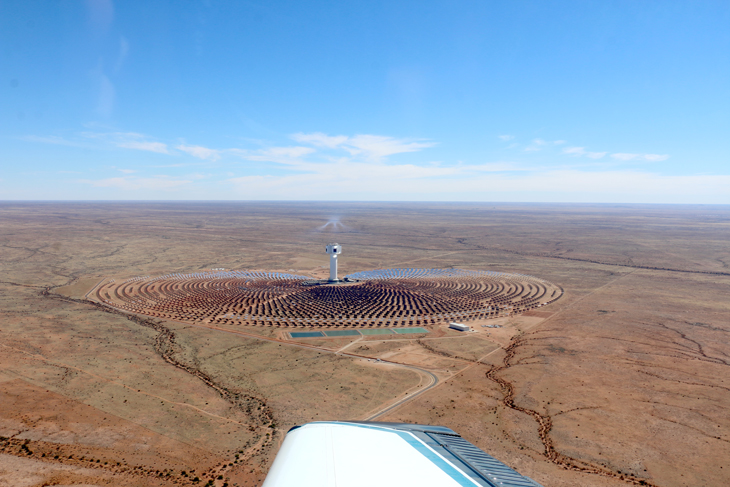
A new study led by graduate student Gbemi Akinsipe and Professor Daniel Kammen analyzes how Africa’s growth could potentially impact efforts to reduce global warming or mitigate climate change.
Africa currently contributes roughly 4 percent of the world’s greenhouse gas emissions and consumes the least energy per person across the globe. The continent also has the lowest rate of energy access in the world, with more than 560 million people lacking access to electricity. Climate scientists, however, are worried that the continent’s rapid urbanization and population growth could spark a dramatic escalation in emissions.
Akinsipe and Kammen modeled their analysis on different levels of economic growth (low, medium, and high), and a fourth “Green Growth” model that projects high levels of economic activity without an increase in fossil fuel consumption. Their findings, which were published earlier this month in Environmental Research Communications, show that the impact of Africa’s growth on global carbon targets is likely to be low—especially in the short term. They also found that international institutions based outside Africa could influence the continent’s energy transition, and greenhouse gas emissions, by supporting green investments.
“If investments are made in sustainable development which lead to a “Green New Deal” for Africa, the continent could become a clean and equitable leader at home and for the global community,” they wrote in a commentary published in The Conversation.
Read their full study in Environmental Research Communications and their full commentary in The Conversation.